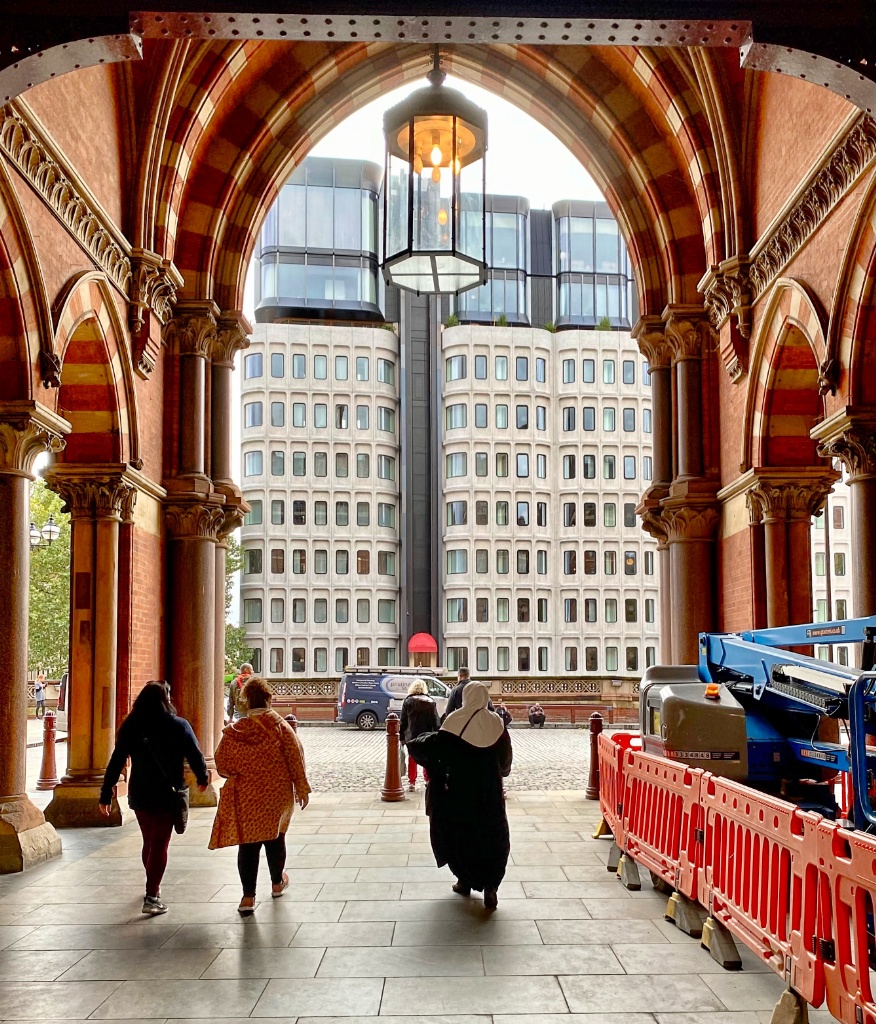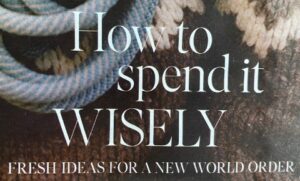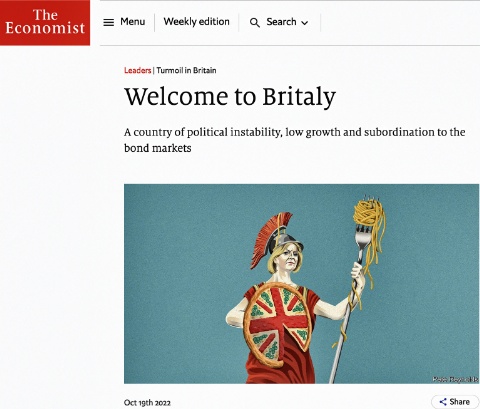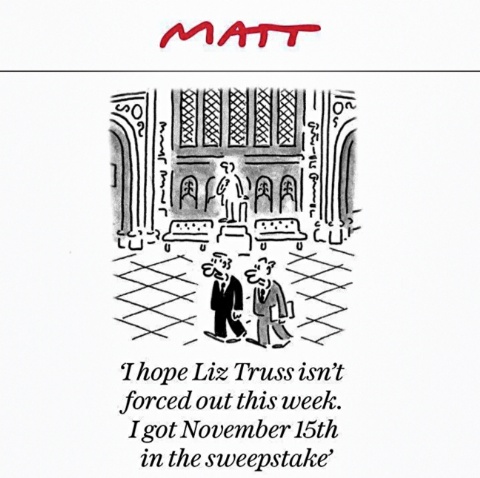Pillars of Creation
This photograph in mid-infrared light from the James Webb telescope shows a lot of the dust that’s apparently a major factor in star formation, together with stars that are still in the process of developing — which can be spotted by their red hue in the MIRI photograph.
For those puzzled about the size of those red-hued baby stars in the picture, The Register relays NASA’s advice:
“Trace the topmost pillar, landing on the bright red star jutting out of its lower edge like a broomstick. This star and its dusty shroud are larger than the size of our entire solar system.”
Rather puts us in our place, doesn’t it? And we thought our solar system was a big deal. All that stuff is 6,500 light-years away. Let me see… light travels at 186,000 miles a second, which is 11,160,000 miles a minute, which is 669,600,000 mph. Now, how many hours are there in a year…?
You get the point.
Quote of the Day
”Making a picture with Marilyn Monroe was like going to the dentist. It was hell at the time, but after it was all over it was wonderful.”
- Billy Wilder
Musical alternative to the morning’s radio news
Jerry Lee Lewis | Wembley | April 1982
Making Jerry Lee the focus of yesterday ‘musical alternative’ touched, er, chords for many readers. James Miller (Whom God Preserve) recommended this clip which really showcases his incredible musical energy and vitality. Imagine being in the crowd that night.
Long Read of the Day
From Boy to Bono
The U2 lead singer has written an autobiography. The New Yorker published this excerpt from it. I hadn’t expected to find it interesting, but I did — partly, I suppose because I remember the Ireland in which he grew up.
Here’s how it opens:
I have very few memories of my mother, Iris. Neither does my older brother, Norman. The simple explanation is that, in our house, after she died she was never spoken of again.
I fear it was worse than that. That we rarely thought of her again.
We were three Irish men, and we avoided the pain that we knew would come from thinking and speaking about her.
Iris laughing. Her humor black as her dark curls. Inappropriate laughing was her weakness. My father, Bob, a postal worker, had taken her and her sister Ruth to the ballet, only to have her embarrass him with her muted howls of laughter at the protruding genitalia boxes worn by the male dancers under their leotards.
I remember, at around seven or eight, I was a boy behaving badly. Iris chasing me, waving a long cane that her friend had promised would discipline me. Me, frightened for my life as Iris ran me down the garden. But when I dared to look back she was laughing her head off, no part of her believing in this medieval punishment…
After I’d read it I wondered if I should buy the book and read the whole thing. But then I came on the New York Times’s intriguing, footnoted and slightly weird interview of Bono and decided that maybe life’s too short…
My commonplace booklet
I’m Not Sure Which, But One of These Fifteen PDF Files Is the Final Draft
Emily Kling on the problem everyone has when writing a long, long essay without out being careful about how you name the successive drafts.
This Blog is also available as a daily email. If you think that might suit you better, why not subscribe? One email a day, Monday through Friday, delivered to your inbox. It’s free, and you can always unsubscribe if you conclude your inbox is full enough already!













